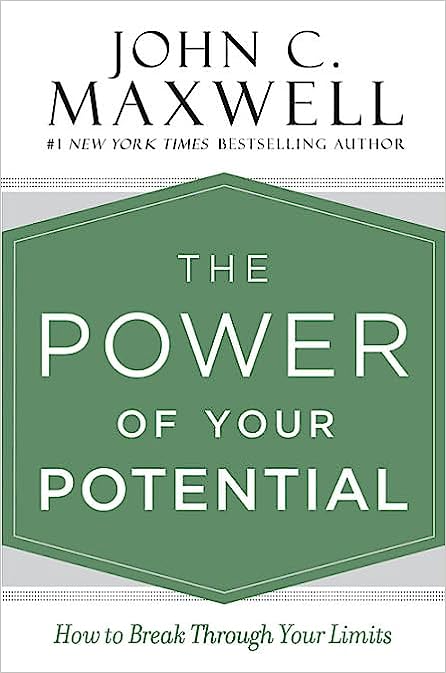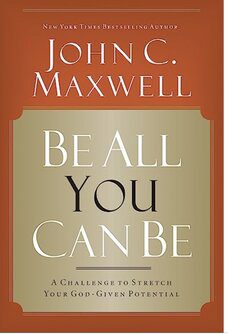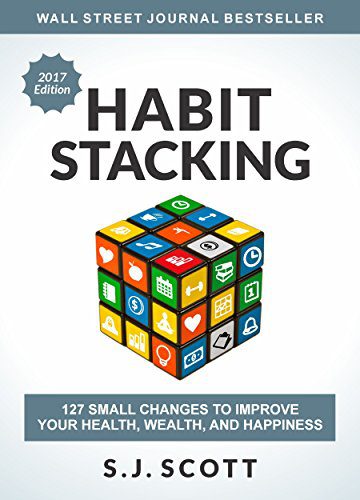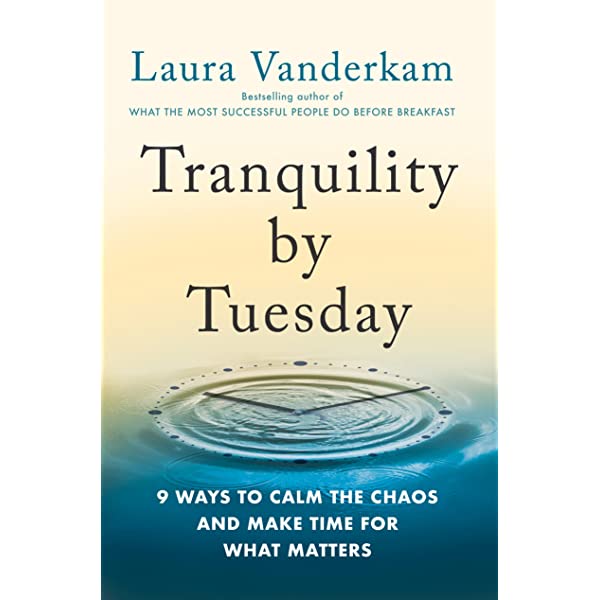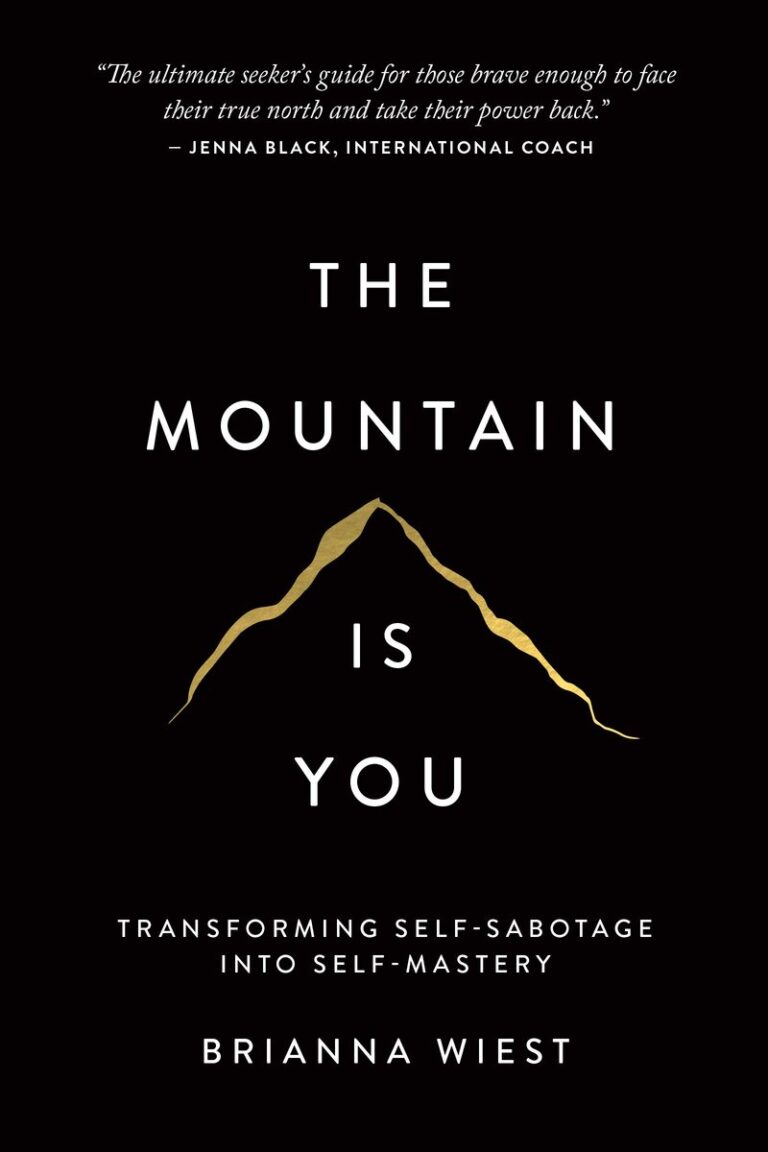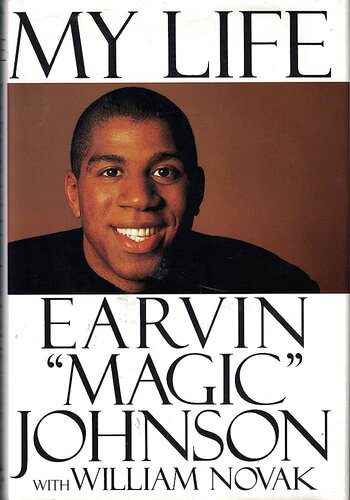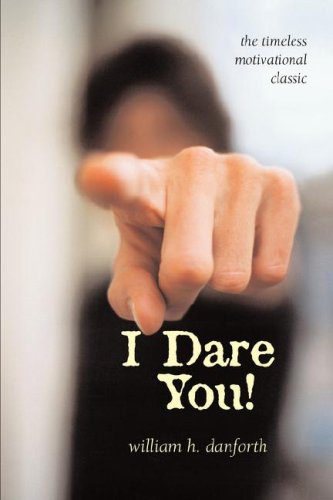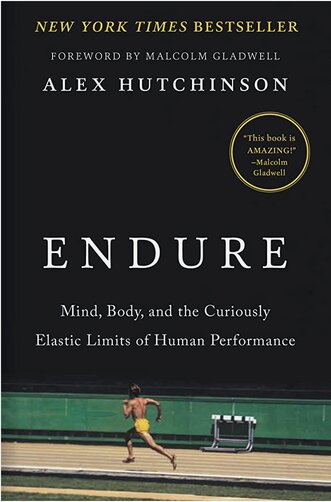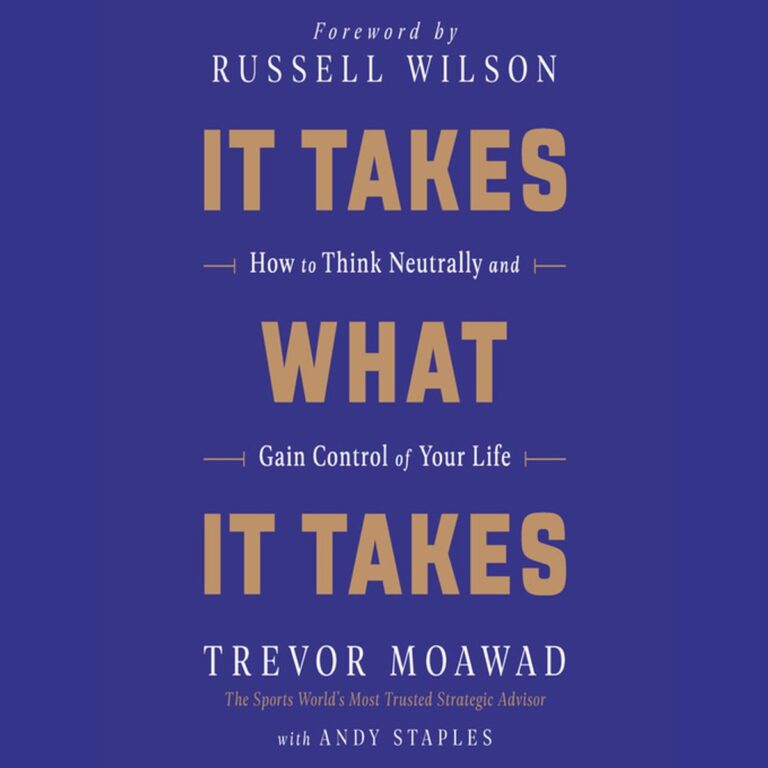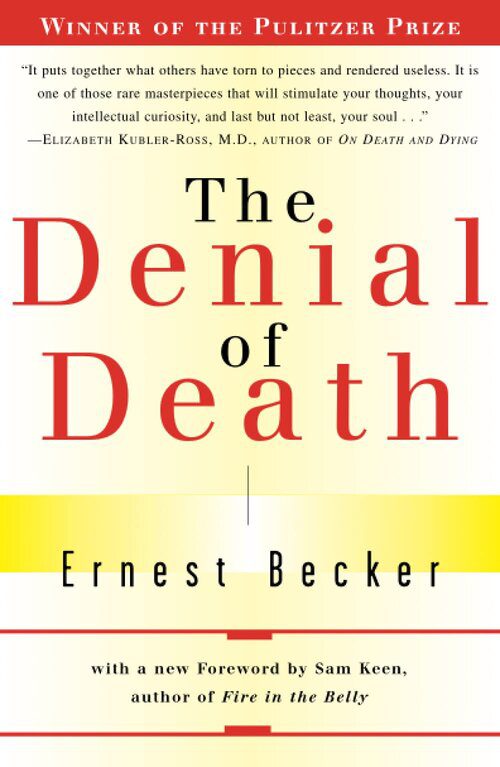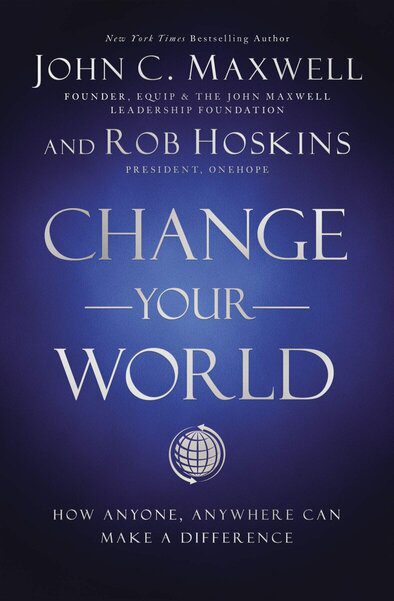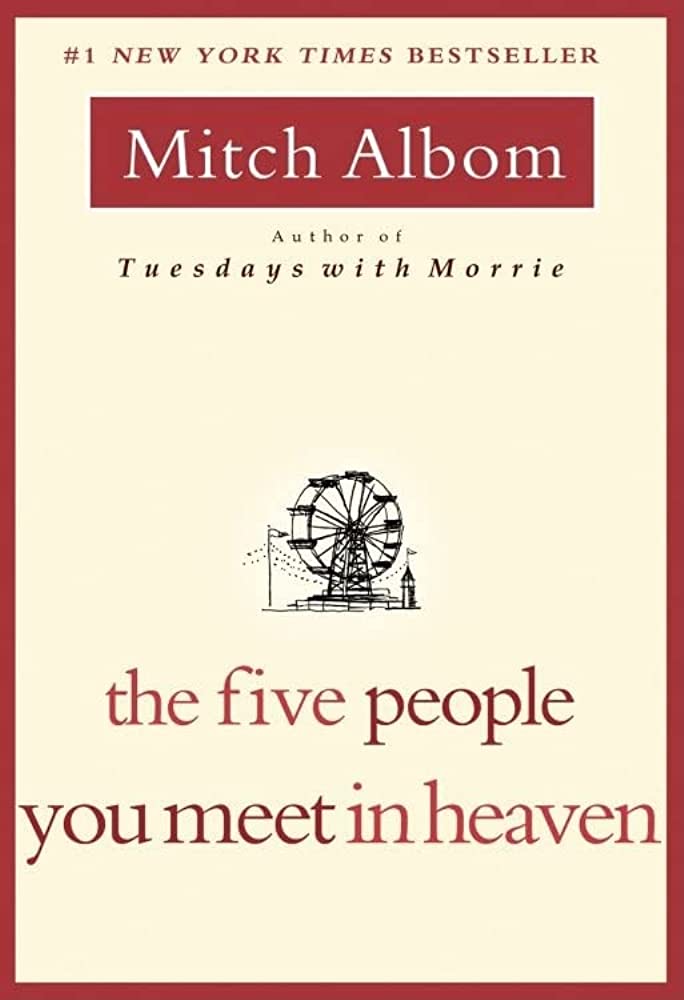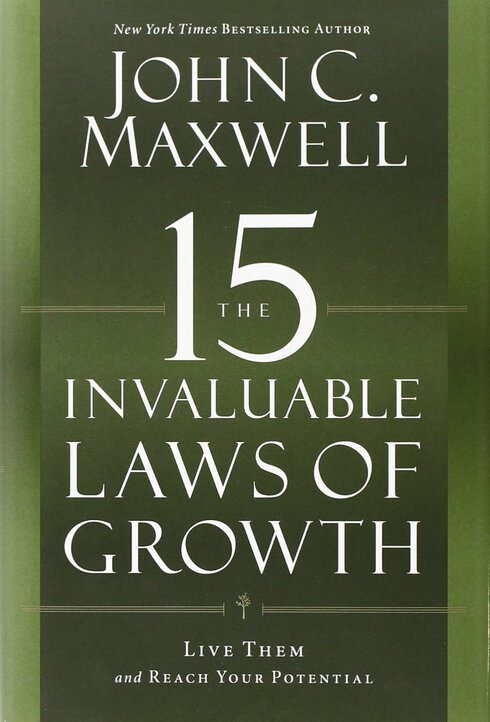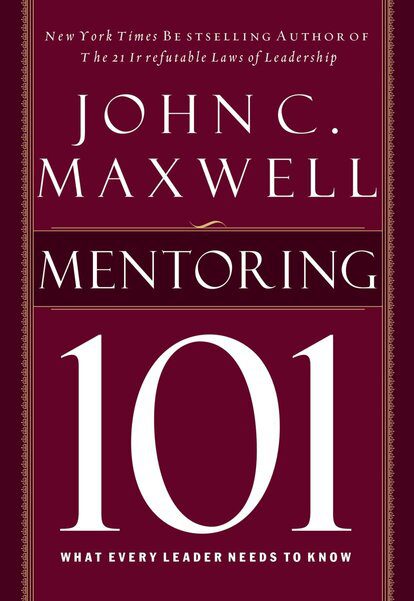In The Power of Your Potential: How to Break Through Your Limits, author John C. Maxwell identifies and examines the seventeen key capacities each of us possesses.
- Energy Potential—Your Ability to Push On Physically
- Emotional Potential—Your Ability to Manage Your Emotions
- Thinking Potential—Your Ability to Think Effectively
- People Potential—Your Ability to Build Relationships
- Creative Potential—Your Ability to See Options and Find Answers
- Production Potential—Your Ability to Accomplish Results
- Leadership Potential—Your Ability to Lift and Lead Others
The ten choices
- Responsibility Potential—Your Choice to Take Charge of Your Life
- Character Potential—Your Choices Based on Good Values
- Abundance Potential—Your Choice to Believe There Is More Than Enough
- Discipline Potential—Your Choice to Focus Now and Follow Through
- Intentionality Potential—Your Choice to Deliberately Pursue Significance
- Attitude Potential—Your Choice to Be Positive Regardless of Circumstances
- Risk Potential—Your Choice to Get Out of Your Comfort Zone
- Spiritual Potential—Your Choice to Strengthen Your Faith
- Growth Potential—Your Choice to Focus on How Far You Can Go
- Partnership Potential—Your Choice to Collaborate with Others
“AWARENESS + ABILITY + CHOICES = POTENTIAL”
If you are aware of yourself and your ability to improve, if you develop the abilities you already possess, and if you make the daily choices that help you improve, you will reach your full potential.
Caps You Can’t Remove
- Birth caps: You had no control over where or when you were born, nor can you go back in time and change these things. You don’t get to choose your parents, birth order, siblings, or upbringing. Good or bad, you have to live with these circumstances and make the best of them. You cannot change your genetic makeup, your race, your bone structure, or your height.
- Life caps: There are many things that happen to us in our lives that we cannot control. We suffer accidents or illnesses. We lose people we love. We discover that we don’t have the talent or ability to fulfill a dream. I call these “life caps.” We all have life-cap stories, some big, some small. We have our nicks and dents. Part of the process of fulfilling your purpose is becoming aware of the things you can’t change that limit you, so that you can direct your attention toward the things you can change to increase your capacity.
Caps You Can Remove
Caps That Others Put on Us
The first type of limitation comes from the caps that others put on us. People have put caps on you. You’re not even aware of some of them. But you don’t have to let others’ lack of belief define you. Be unwilling to surrender your potential to someone else. Be unwilling to allow others to put caps on you and define your potential. You’ve fought too hard to get where you are to let others control where you are going. Be open to the possibilities that are in you!
Caps We Put on Ourselves
- LOOKING FOR APPROVAL FROM OTHERS
- LIVING IN A LIMITING ENVIRONMENT
Too many people simply accept whatever environment they’re born into. They think it’s normal, and they start to believe they don’t have any other choices in life. When that happens, they’ve created a self-imposed cap on their life.”
- HAVING FEW EXPANSIVE MODELS OF SUCCESS
If you wanted to, you could find plenty of reasons not to strive for your potential. Maintaining the status quo is easier. But that shouldn’t stop you. Trying to build your life without removing your limitations and increasing your potential is like building a car in a small shed and being unwilling to knock out the wall to get the car out on the road. Remove the limitations, and the world is open to you.
Energy Potential—Your Ability to Push On Physically
There are many capacities that we can increase, but there’s nothing we can do to expand time. The number of minutes in a day, days in a week, and weeks in a year are set. Even our time here on earth is fixed. Our days are numbered. That’s why we need to focus on our energy. That’s something we can influence. If we want to get more done and make a greater impact on the world, we need to increase our energy potential.
Focus your energy by using the three Rs to prioritize:
- Requirement—what you have to do
- Return—what you do well
- Reward—what you love to do
Emotional Potential—Your Ability to Manage Your Emotions
Emotional potential is the ability to handle adversity, failure, criticism, change, and pressure in a positive way. All of these things create stress in our lives
• Most people do not see themselves as they really are.
• Many people don’t want to resolve their problems; they just want someone to listen to them talk.
• Some people are not emotionally strong, and as a result, they do not cope well with life’s difficulties.
Take responsibility for the things you can control:
• Attitude—you determine how you think or feel.
• Time—you determine how you spend time and who you spend it with.
• Priorities—you determine what is important in your life and how much time you give to these essentials.
• Passion—you identify what you love and what you were created to do.
• Potential—you determine where you commit yourself to grow.
3: Thinking Potential—Your Ability to Think Effectively
Become an Idea Digger
Becoming a better thinker means having the right mind-set. Two people can see the same things, go through the same experiences, have the same conversations, yet one walks away with a flurry of great thoughts and the other without a single new idea. To increase your thinking capacity, you need to become an idea digger. Always look for ideas and try to mine them.
“The difference between average thinkers and good thinkers is like the difference between ice cubes and icebergs. Ice cubes are small and short-lived. Icebergs are huge, and there is much more to them than meets the eye. Their potential is enormous.”
5: Creative Potential—Your Ability to See Options and Find Answers
WE BECOME MORE COMFORTABLE WITH OUR MISSES
If you throw a lot of ideas at the wall, some will stick and others won’t. And that’s good. You can’t succeed if you don’t try. And once you realize you’re no worse off for having tried and failed, it gives you confidence to keep trying.
Creative people fail, and the best fail often. They’re like children who try an idea before it’s formed, and if it doesn’t work, they move on to the next idea. And they keep moving on until they find one that works. If you want to be more creative, get used to missing the mark.
“Questions + Listening = Quality Conversation. Quality Conversation = Quality Leadership.“
Responsibility Creates the Foundation for Your Success
- The size of the opportunity determines the amount of responsibility required.
- Opportunity is lost when responsibility is neglected.
- Tomorrow’s opportunity is determined by yesterday’s responsibility
“The more responsibility people take, the more resilient they are likely to be. The less responsibility people take—for their actions, for their lives, for their happiness—the more likely it is that life will crush them. At the root of resilience is the willingness to take responsibility for results.”
The more you help other people, the more they usually want to help others. And that motivates you to help even more. That’s what I call the Abundance Paradox. The more you give, the more you have to give—and want to give.
Discipline Potential—Your Choice to Focus Now and Follow Through
Successful people are highly disciplined in doing their most important work. They are self-disciplined. They guide and encourage themselves to do the work they ought to do, not just the things they want to do. That’s what takes them from average to good, and from good to great. And that’s why the rewards in this world are usually reserved for those who are willing to do what the majority of people are unwilling to do.
Crowding Out Principle – Brian Tracy
If you spend all of your time on highly productive tasks, by the end of the day, you will have ‘crowded out’ all the unproductive activities that might have distracted you from your real work. On the other hand, if you spend your time on low value activities, those low value activities will crowd out the time that you need to complete the tasks that can make all the difference in your life. And the key to this attitude toward time and personal management is always self-discipline.
DON’T LOOK IN THE MIRROR
Take the focus off of yourself; you need to always keep in mind that life is not about you. You can’t worry about how you look to others. You can’t be afraid of looking bad.
DON’T COUNT LOSSES—INSTEAD, COUNT LESSONS
Instead of avoiding losses, learn from them. Ask, “What did I learn?” When you seek lessons more than you avoid losses, you become more comfortable with risk.
FOCUS LESS ON YOUR FEAR AND MORE ON YOUR DREAMS
When you focus on your dreams, your heart is 100 percent in.
All the best in your quest to get better. Don’t Settle: Live with Passion.
